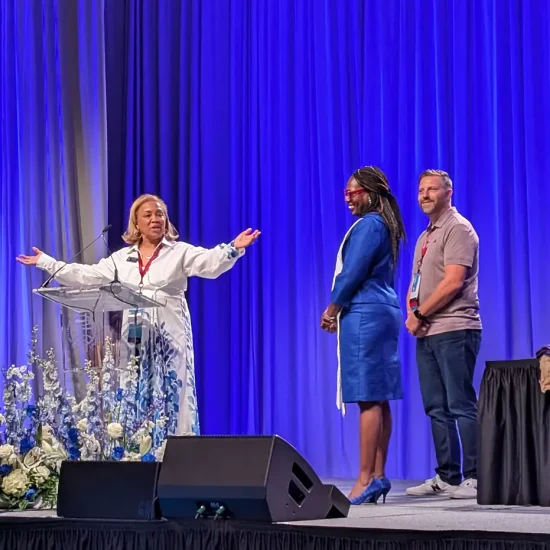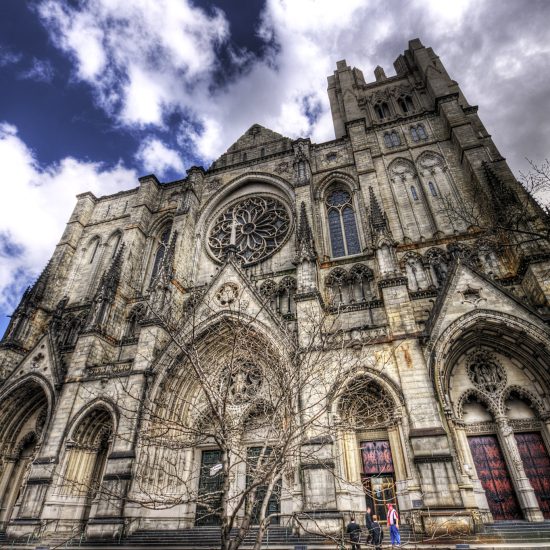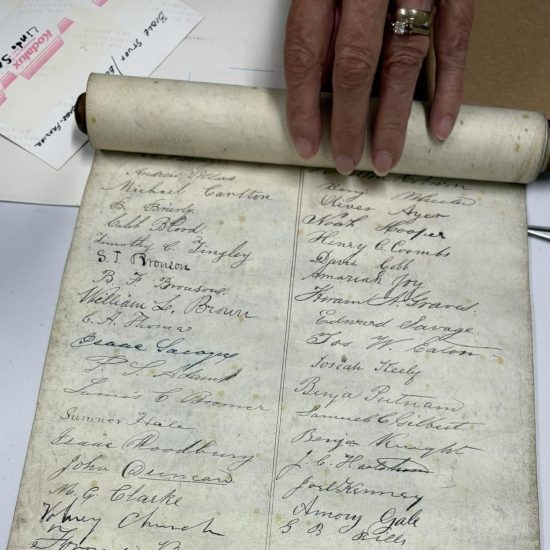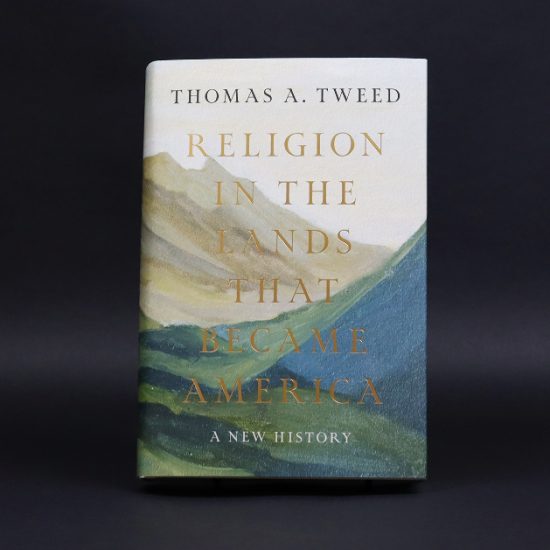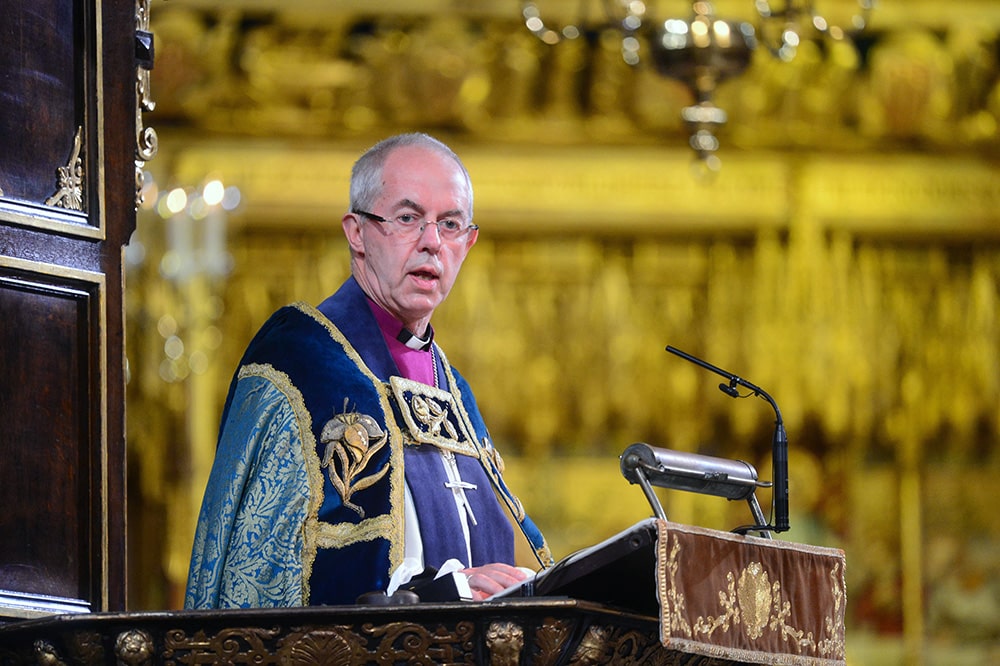
LONDON (AP) — The Church of England should create a fund of 1 billion pounds ($1.27 billion) to address its historic links to slavery, an advisory panel said Monday. That’s 10 times the amount the church previously set aside.
An independent oversight group established by the church said a 100-million-pound fund announced last year was insufficient compared to the wealth of the church and “the moral sin and crime of African chattel enslavement.”
The Church Commissioners, the church’s financial arm, said it accepted the group’s recommendations, including a target of 1 billion pounds “and above” for a pool of money known as the Fund for Healing, Repair, and Justice.
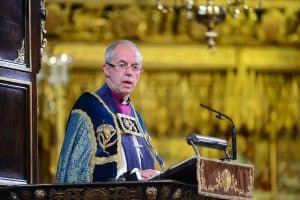
Archbishop of Canterbury Justin Welby makes an address during a service at Westminster Abbey, London, Sunday November 11, 2018. (Paul Grover/Pool photo via AP)
The church said it won’t immediately add to its 100-million-pound commitment. But it will spend the initial money over five years, rather than nine as originally scheduled, and hopes to start distributing it by the end of the year, said Church Commissioners Chief Executive Gareth Mostyn.
He said other institutions or individuals wishing to address their own slavery links could add to the fund and “join us on this journey.”
The fund was established as part of efforts by the Anglican church to reckon with its historic complicity in the trans-Atlantic slave trade. The Church Commissioners, which administers the church’s 10 billion-pound ($12.7 billion) wealth fund, hired forensic accountants in 2019 to dig through the church’s archives for evidence of slave trade links.
They found that the church’s huge assets had their roots in Queen Anne’s Bounty, a fund established in 1704 to help support impoverished clergy. It invested heavily in the South Sea Company, which held a monopoly on transporting enslaved people from Africa to Spanish-controlled ports in the Americas. Between 1714 and 1739, the company transported 34,000 people on at least 96 voyages.
Queen Anne’s Bounty also received donations from individuals enriched by the slave trade, including Edward Colston, a British slave trader whose statue in his home city of Bristol was toppled by anti-racism protesters in 2020.
Britain outlawed the slave trade in 1807 but did not legislate to emancipate slaves in its territories until 1833.
Archbishop of Canterbury Justin Welby, who heads the Church of England, has promised to address its “shameful past.” He said the recommendations were “the beginning of a multi-generational response to the appalling evil of trans-Atlantic chattel enslavement.”
Money from the new fund will be invested in disadvantaged Black communities, aiming to “back their most brilliant social entrepreneurs, educators, healthcare givers, asset managers, and historians,” the oversight committee’s report said.
The commitment falls short of demands from some campaigners for institutions that benefited from slavery to pay compensation to descendants of the enslaved.
The oversight group also called on the church to apologize “for denying that black Africans are made in the image of God and for seeking to destroy diverse African traditional religious belief systems.”
Bishop of Croydon Rosemarie Mallett, who chaired the oversight group, said no amount of money can “fully atone for or fully redress the centuries-long impact of African chattel enslavement, the effects of which are still felt around the world today” in blighted life chances for many Black people.
But she said the church was “stepping forth quite boldly, quite audaciously, and saying: ‘We can do this, others should join in.’”

